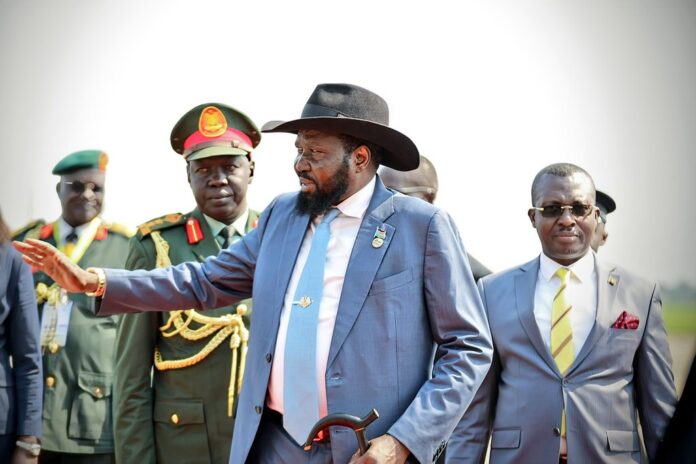
The Republic of South Sudan has been admitted to the Non-Aligned Movement (NAM) as the 19th Summit of Heads of State and Government of the NAM convened at Speke Resort Munyonyo to deliberate on the increasing current confrontations affecting the member states.
South Sudan was admitted to the movement by the assembly on Friday, January 19, 2024, during the Heads of State and Government Meeting of the NAM, which was hosted and chaired by Uganda. This brings the membership to 121 countries.
South Sudan is one of the countries in Africa that has continued to grapple with deteriorating humanitarian conditions, including sporadic violence, chronic food insecurity, devastating flooding, conflict, public health challenges, climatic and economic tremors, and poor governance, which have severely affected people’s livelihoods and hindered access to essential services, despite several efforts to bring peace to the region.
NAM’s principles are built on respect for the sovereignty and territorial integrity of all countries, respect for justice and international obligations, promotion of cooperation and mutual interest, cultural diversity and human rights, equality and mutual benefit, equitable world order, mutual respect for each other’s territorial integrity and sovereignty, preserving independence, and third-world nations fighting against socio-economic problems.
It was upon these principles that South Sudan joined the Movement because of the need to put an end to the challenges the country is facing.
During the summit, the assembly raised issues affecting member states, among them being conflicts between countries, citing the current war in the Gaza Strip between Israel and Palestine, Sudan, the DRC, Somalia and Ethiopia, and Palestine and Ukraine, which they said needed to be addressed mutually.
According to the President of the UN General Assembly, Dennis Francis, the world is faced with multiple challenges that require a united force by the movement to be addressed.
“Our world is beset with profound, multifaceted challenges that demand creativity and consensus-building to fashion effective solutions,” he noted.
Francis said that the widening inequalities have bred fresh grievances, while mistrust and geopolitical antagonism have limited efforts to achieve sustainable development by 2030. He cited Ukraine, the Middle East, and Africa, where conflicts and crises are rising, raising questions about the relevance of the United Nations in terms of its ability to resolve global issues and ensure peace and prosperity for all.
He called for an immediate humanitarian ceasefire and for the release of all hostages. He pledged to support and encourage initiatives to build peace so as to achieve prosperity, progress, and sustainability for all, which NAM is committed to and advocating for, adding that it has an essential role in guiding the world towards a more secure, just, and prosperous future for all where peace and harmony prevail.
President Museveni called for an emphasis on the respect for fundamental human rights, respect for sovereignty, and territorial integrity of all countries, which are the Bandung principles and the foundation on which NAM is built. He further condemned the idea of empires and advocated for free associations of nations as opposed to oppressive structures, urging some of the world’s actors to respect freedom and sovereignty and act democratically.
The African Union, the UN General Assembly, and the whole assembly advocated for the need to end the war in Gaza and all other countries facing conflicts.














